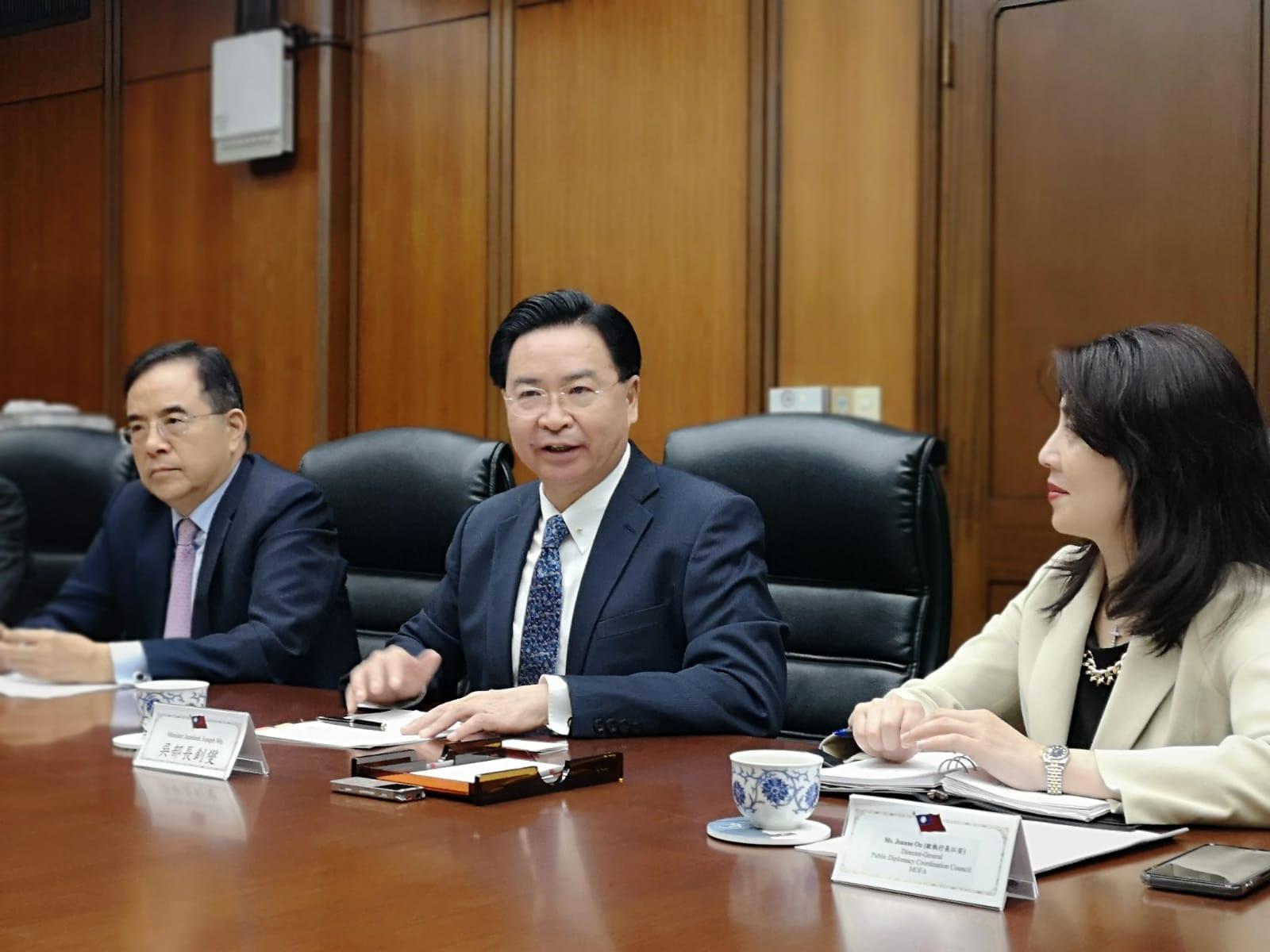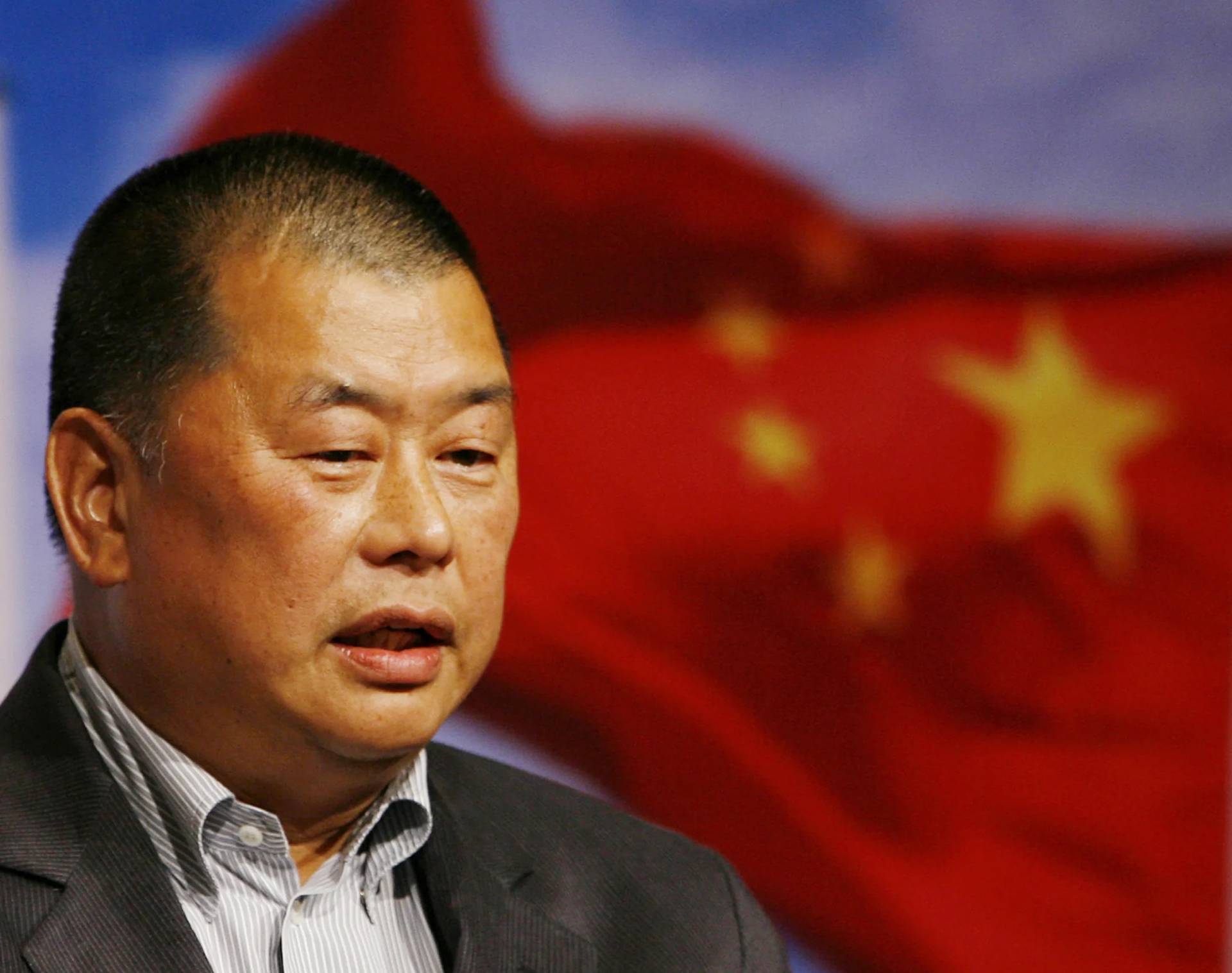ROME – Taiwan has stressed concern for religious freedom and human rights following yesterday’s announcement of the renewal of the Vatican-China provisional agreement on the appointment of bishops, insisting the deal is not diplomatic and voicing hope it will better conditions for religious communities in the mainland.
In an Oct. 22 statement issued after the announcement of the deal’s renewal, Taiwan’s Ministry of Foreign Affairs said they have maintained a consistent position on the accord, and voiced hope that “it can help improve the worsening situation of religious freedom in the [People’s Republic of China].”
They argued that religious freedom and human rights “have continued to deteriorate in China,” and pointed to government measures aimed at “suppressing believers who resist being controlled by the Chinese Communist Party (CCP)” and which force bishops to join the CCP-controlled Chinese Patriotic Catholic Association.
“This so called ‘sinicization of religion’ in the PRC has become ‘nationalization of religion,’ even characterized by extensive CCP indoctrination,” the statement said, insisting that since China’s Communist Party dictates what happens on important matters, Catholics in the country “are facing serious challenges to their faith and conscience.”
Brokered Sept. 22, 2018, and implemented a month later, the Vatican and China’s provisional agreement on the appointment of bishops was renewed yesterday for an additional two years on an experimental basis.
RELATED: Vatican and China renew debated deal on picking bishops
No terms of the deal have ever been made public, however, it is believed that the agreement is modeled after the Holy See’s agreement with Vietnam, in which the pope chooses candidates from a selection of nominees put forward by the government.
It is widely believed that the accord is a first step in eventually forging formal diplomatic ties between the Holy See and China – something numerous experts say is a desire the Vatican has not been shy about.
However, in their statement, Taiwan’s foreign ministry insisted that the bishops’ agreement “deals with pastoral issues and does not touch on diplomatic or political matters.”
“Taiwan highly values this solemn commitment and has maintained close contacts with the Holy See, expressing our concern and position,” they said, adding that to their understanding, no new deal was signed, but both parties reached “a tacit understanding” to extend the original accord in order to evaluate its results.
They pointed to the Code of Canon Law for the Catholic Church, which stipulates that all bishops are appointed by the pope and that civil authorities should not be given any rights or privileges in the matter.
To protect papal authority in appointing bishops, “ultimately serves to safeguard freedom of religion,” they said, voicing their conviction that given its sovereignty and universality, the Catholic Church “shall not be subject to pressure or coercion from any government, political party, or group.”
The ministry said they will continue to monitor developments between the Holy See and China, and will seek to advance their own cooperation with the Vatican in order to “jointly safeguard the core values of religious freedom and support those who are persecuted for their faith so as to steadily enhance its longstanding values-based diplomatic partnership with the Holy See.”
Also on Thursday, but prior to the Vatican’s announcement of the deal’s renewal, Chinese Ministry of Foreign Affairs spokesman Zhao Lijian told journalists during a press conference that the agreement would be extended and that both sides would continue “to maintain close communication and consultation and advance the improvement of bilateral ties.”
He refrained from commenting on whether the two were working toward full diplomatic relations but insisted that the extension of the agreement “carries on the trend of improving China-Vatican relations.”
Both sides, he said, “will continue to maintain close communication and consultation and advance the improvement of bilateral ties.”
Follow Elise Ann Allen on Twitter: @eliseannallen














